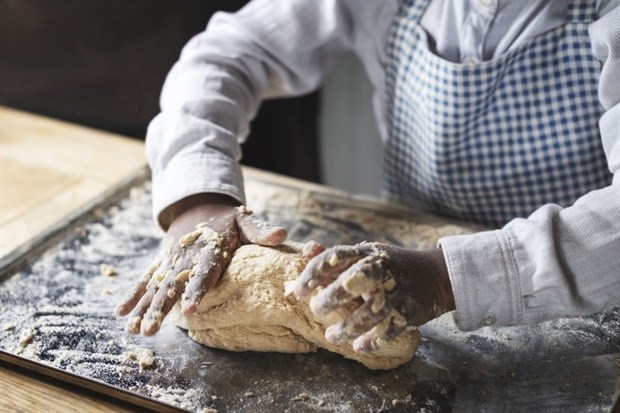Maybe the thought crossed your mind after the tenth compliment of your home-baked cupcakes, or that breyani you whipped up for a colleague's birthday lunch: You spend so much time in the kitchen anyway, you could start up a home industry business of your own - making sweet and savoury delights, and getting paid for it.
These days who doesn’t need an extra bit of income? Bonus points for earning it while doing what you enjoy.
Whether you just want to take the occasional order from your immediate social circle, start peddling your creations on the market circuit, or have grander aspirations of setting up a franchise or releasing a full-colour cookbook, an entrepreneurial mindset will help you match your dreams to reality. Here are the biggest considerations when starting your own home baking or cooking business.
1. You need to plan
You may love to bake and cook, but a business can’t get by on passion alone. When turning your hobby into a professional enterprise, you need to create a business plan. A biggie here is working out pricing so that you never operate at a loss. Along with food supplies, remember to factor in things like electricity and water use.
Also, include a marketing section in your business plan so that you have a strategy about how to make people aware of your business. It’s a good idea to sell at markets, fetes and other local events to build your reputation and lay the groundwork for relationships with cafés and home industry stores. And don’t forget the internet – at the very least set up an Instagram account and Facebook page to profile your creations.
2. Differentiate yourself
Home baking and cooking is a very competitive business. There are lots of people doing it. So, how do you stand out from the crowd? By specialising – in terms of what you’re selling and who you’re selling to.
It’s a good idea to start with your 'bestseller' product before expanding. Do people go gaga for your icing skills? Maybe you want to position yourself as an expert in fancy birthday cakes. Have you mastered gluten-free baking? You could market yourself as making health-conscious treats for people with special diets. At the same time, consider your ideal customer. Perhaps you’re only going to sell to corporates. Once you’ve decided on your target market, check out the competition to see what they’re doing.
3. Never compromise on quality products
Once you start baking and cooking professionally, the margin for error decreases drastically. If you have a big order and are working to a deadline, you can’t afford flops. Always use trusted brands with a reputation for reliability and quality. Profit margins are small with home industries but if you want to grow your business you can’t afford to cut corners with your materials. To get that all-important word of mouth from happy customers, everything that comes out of your kitchen must be consistently irresistible.
4. Recognise your capabilities
You must be organised if you’re turning your pastime into a profession, but you need to be prepared for its personal demands as well. Expect long hours and very early mornings in the kitchen, especially if you’re working around a day job. Also, if you need help for any aspect of running your business, get it. For example, if you’re struggling to find customers and sell your goodies, enlist the help of people – even if it’s just family and friends – who have a convincing sales manner.
5. Don’t forget the legal side
While starting out small is a given, soon your budding business will start to take off. In that case, you’ll need to register a SMME to make sure you’re compliant with legislation around food safety and business operations. At this point, you should probably take a course in environmental health and get appropriate insurances. It may seem like a headache but it’s a great opportunity to extend your knowledge.
Starting a home baking or cooking business comes with a lot of benefits, like low start-up costs and the opportunity to show off your creativity. Another area of personal reward is that you’re making customers happy. Everyone loves home-baked and home-cooked goods, which come with a strong sense of nostalgia and quality – and people are always willing to pay for them.






























